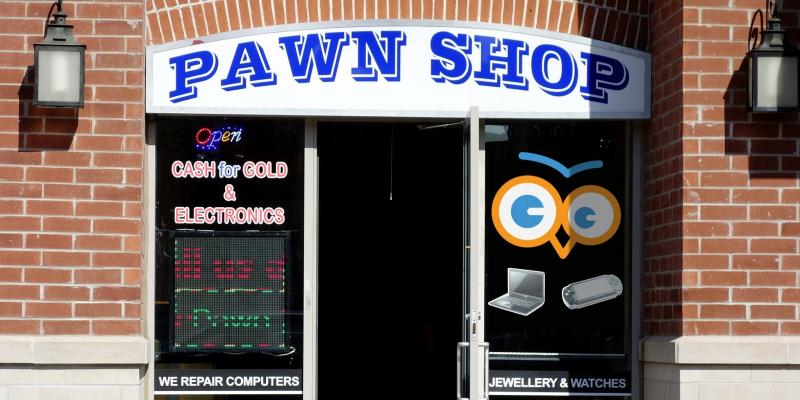Pawn shops have long held a place in American culture, offering a distinct and often misunderstood avenue for financial transactions. These unassuming establishments, with their iconic three gold balls, serve as both lenders and sellers of a wide range of items, from jewelry and electronics to musical instruments and collectibles. The U.S. pawn shop market is a fascinating blend of commerce, collateral, and community, providing a valuable service to individuals from various walks of life.
A Historical Perspective
The concept of pawnbroking dates back centuries, rooted in the practice of individuals providing personal items as collateral for short-term loans. In the U.S., pawn shops have been a part of the financial landscape since colonial times, evolving to meet changing economic needs and consumer demands. Pawnbrokers traditionally catered to individuals who needed quick access to cash but lacked access to traditional banking services. Today, the industry continues to thrive as a flexible and convenient source of credit for those facing financial constraints.
A Dual Role: Lending and Trading
Pawn shops operate on a simple principle: customers bring in items of value, which are assessed by expert appraisers, and loans are extended based on the assessed value of the collateral. Customers receive the loan amount, and their items are securely held until the loan is repaid, typically within a set timeframe. If the loan isn't repaid, the pawn shop has the right to sell the item to recoup its investment.
In addition to providing loans, pawn shops also function as second-hand retailers. Unsold or unredeemed items make their way to the shop's shelves, offering an eclectic mix of merchandise at lower prices. This unique retail aspect contributes to the dynamic nature of pawn shops, attracting both bargain hunters and collectors seeking unique finds.
A Safety Net for Vulnerable Populations
One of the most important roles of pawn shops is their service to underserved communities. Individuals without access to credit or traditional banking services often turn to pawn shops for short-term financial relief. Pawn shops do not perform credit checks, making them a viable option for those with poor credit histories. This accessibility has positioned pawn shops as a safety net for people facing unexpected expenses or emergencies.
Navigating Challenges and Changing Perceptions
Despite their vital role, pawn shops have faced their share of challenges and misconceptions. Critics have raised concerns about high interest rates on pawn loans, likening them to predatory lending practices. However, pawn shops are regulated by state and local laws, with interest rates typically lower than those associated with payday loans. Additionally, the Pawnbroker's Code of Ethics emphasizes fair and transparent practices.
In recent years, pawn shops have worked to change perceptions by adopting modern business practices. Many pawn shops now have an online presence, offering customers the convenience of browsing inventory and making payments remotely. These efforts reflect the industry's ongoing commitment to meeting the needs of a changing consumer landscape.
Conclusion
The U.S. pawn shop market embodies a unique blend of commerce, community, and financial support. These unassuming establishments provide an essential service, offering individuals a lifeline during times of financial uncertainty. As the market continues to evolve, pawn shops are poised to maintain their place as a valuable and enduring facet of the American economic landscape, connecting people from all walks of life to much-needed resources and opportunities.
